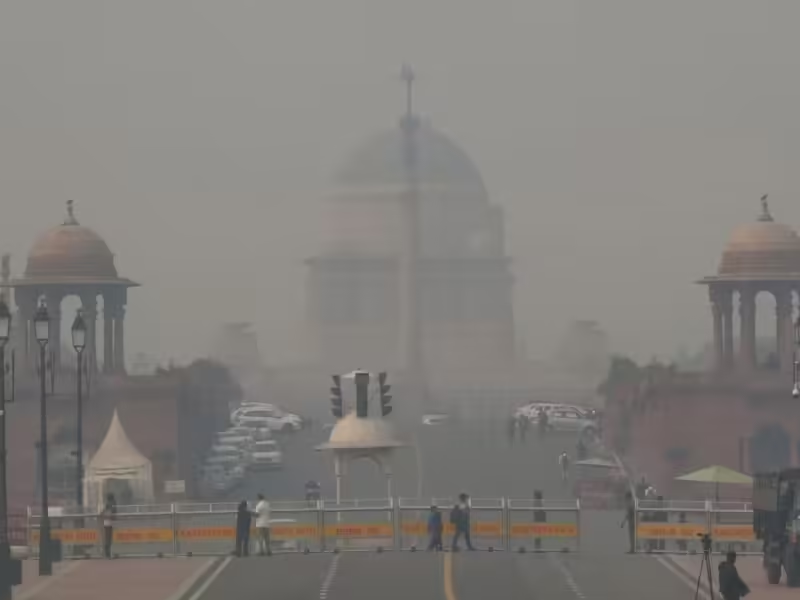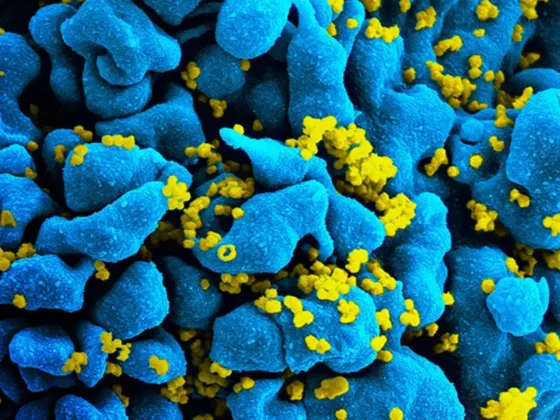New Delhi, 18 November 2024: Residents of the National Capital witnessed an evening filled with dense smog in various parts of the city on Monday. As residents stepped out of their homes, nothing was visible. At 7 AM on Monday, visibility amidst the deteriorating air quality levels in the city dropped to 150 meters.
Additionally, in several parts of Delhi, the Air Quality Index (AQI) was recorded over 450, falling under the “Severe+” category in areas such as Anand Vihar, Aya Nagar, Alipur, and more. Moreover, the AQI reached 500 in Dwarka. Amidst the worsening situation in Delhi, residents are concerned about the rising health risks, forcing them to think twice before stepping out.
Health Impacts of Poor Air Quality: Why Should We Be Concerned?
The effects of breathing in this toxic air are serious, leading to both immediate and long-term health issues. Many residents are experiencing symptoms like burning eyes, throat irritation, and shortness of breath. This is particularly concerning for vulnerable groups such as children, the elderly, and those with existing health problems, who face a greater risk of respiratory illnesses, heart issues, and other severe health conditions. The World Health Organization (WHO) has repeatedly emphasized that air pollution is a leading environmental contributor to health problems globally.









